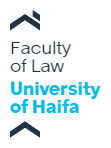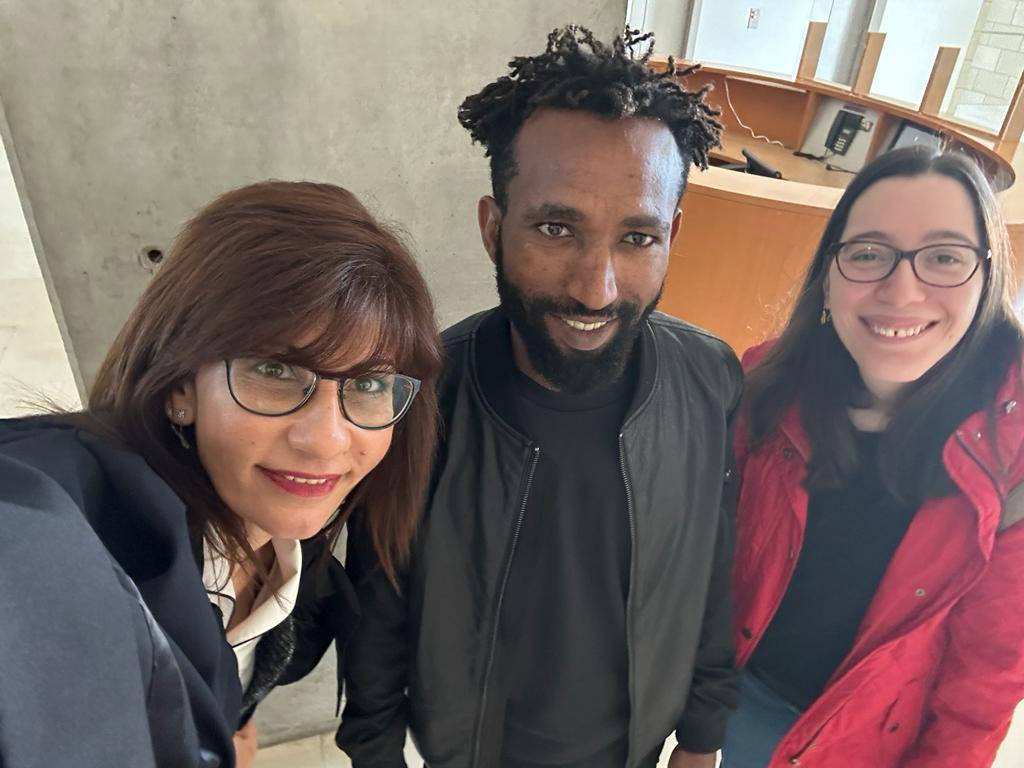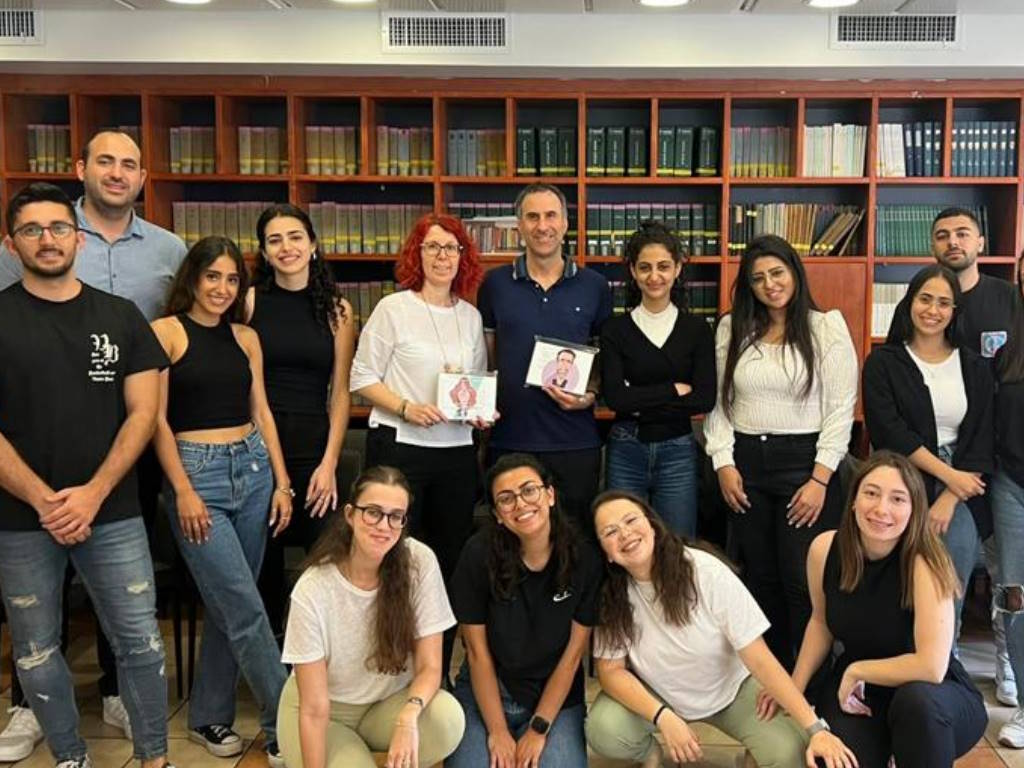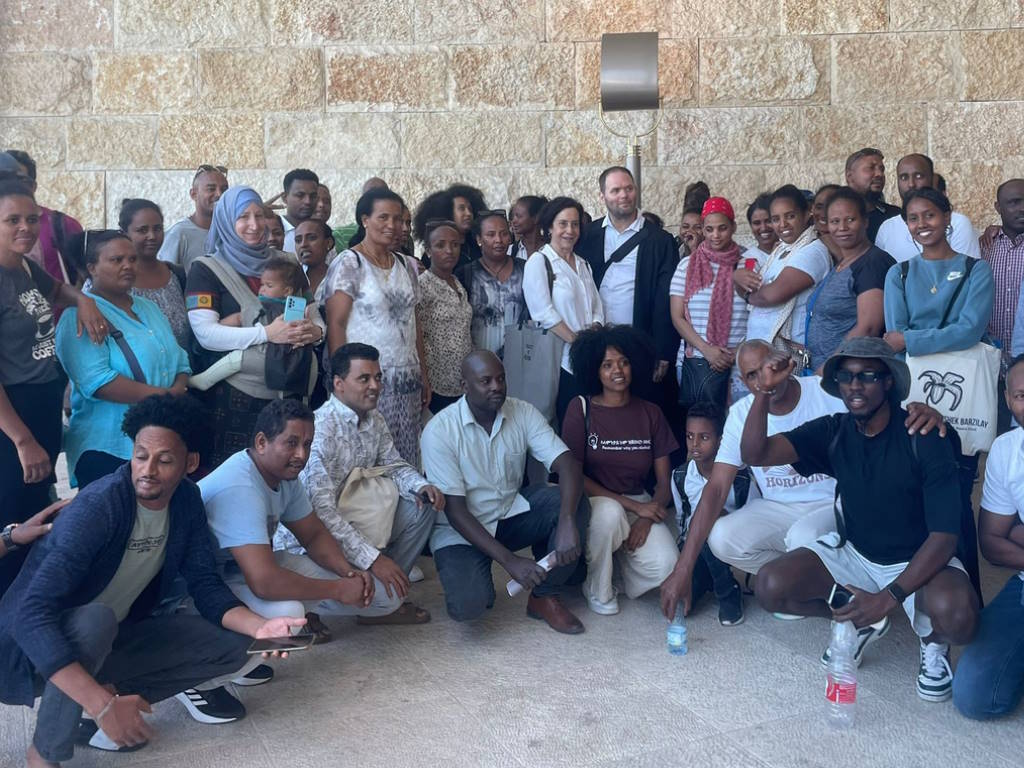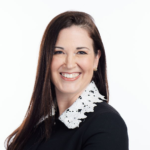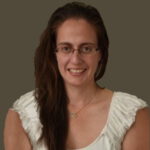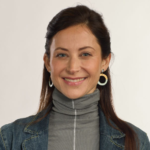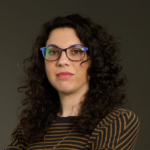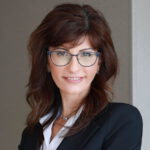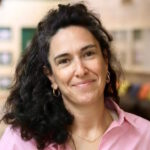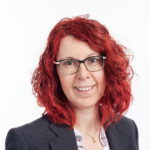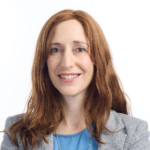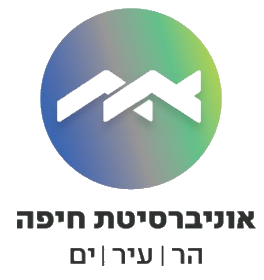Law, Technology & Cyber Clinic
Today, in the technological era, many legal questions arise and deal with various areas such as: protection of privacy and big data, intellectual property and civil rights, cyber attacks and national security, copyright in the Internet age, suppliers' liability for cyber abuse, cyber and human rights, artificial intelligence and human rights, and more. Some of the legal questions are entirely new and have not received full attention from the legal community in Israel and around the world.
